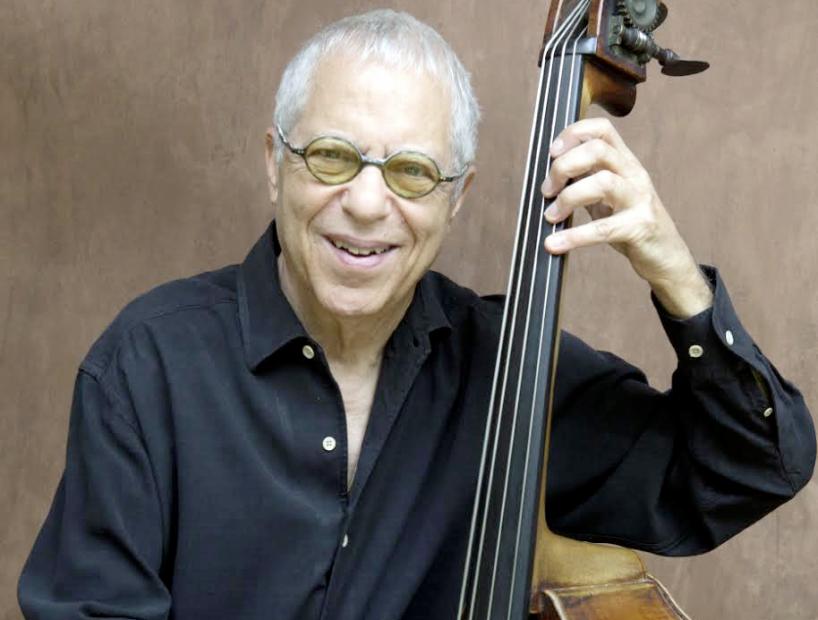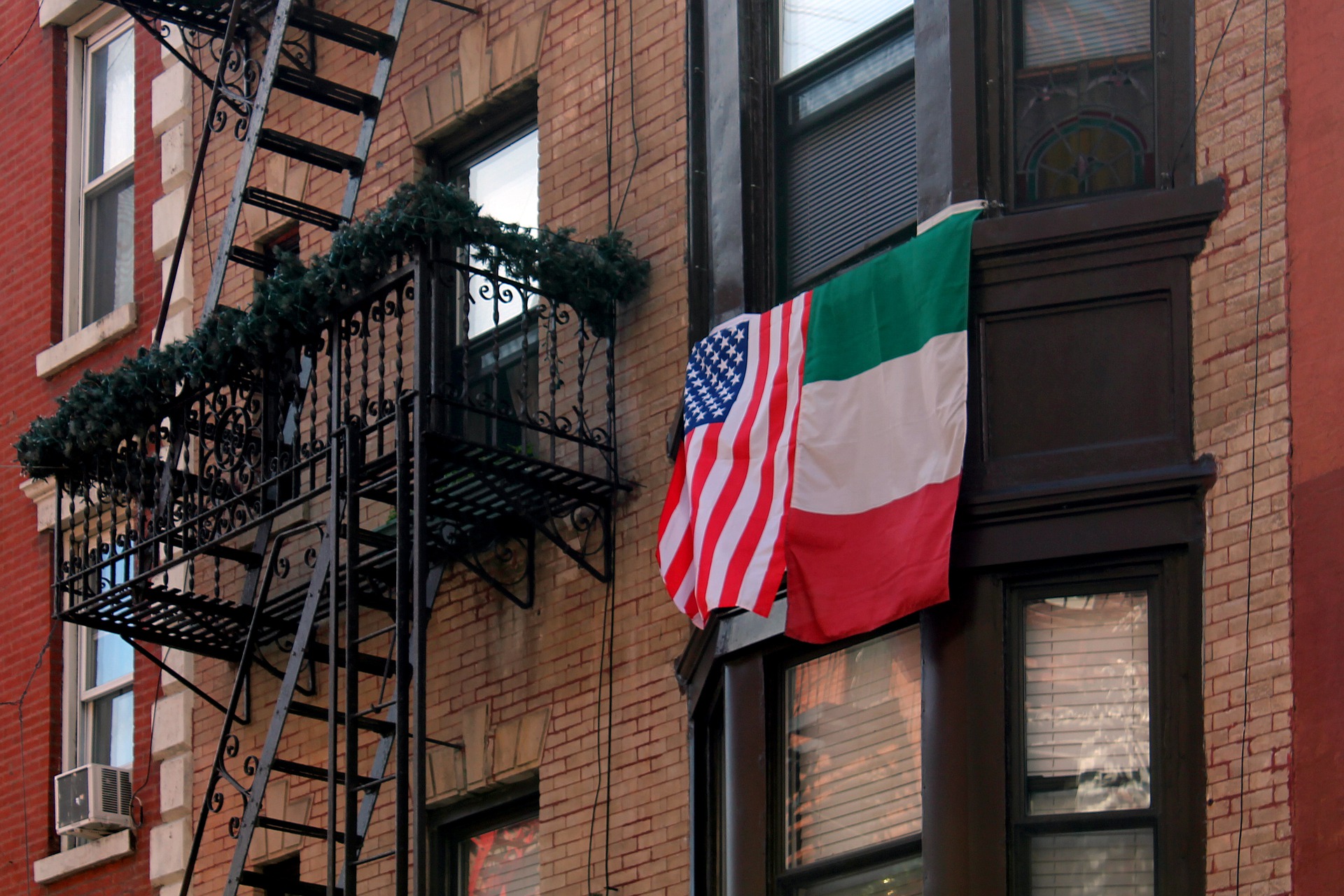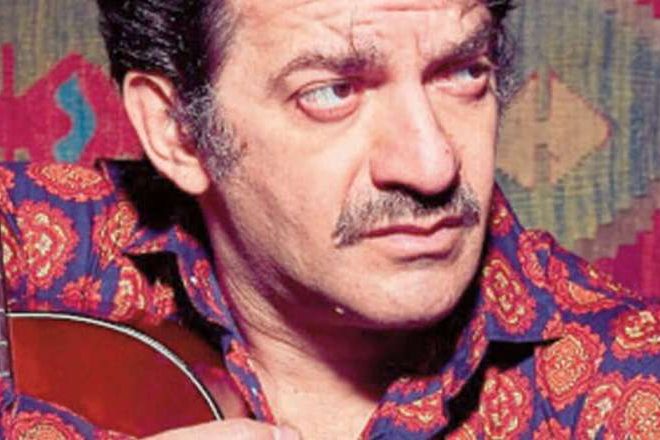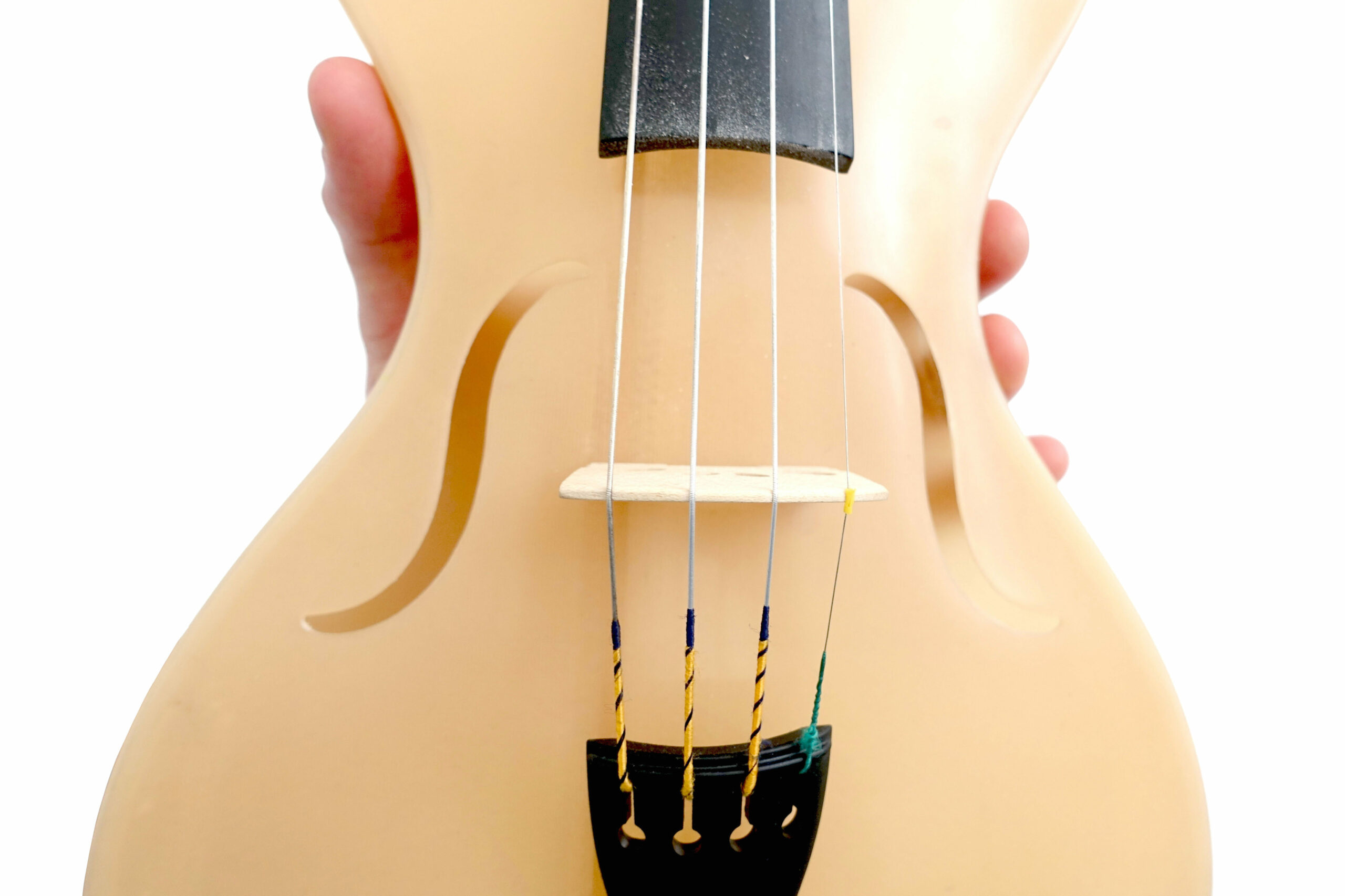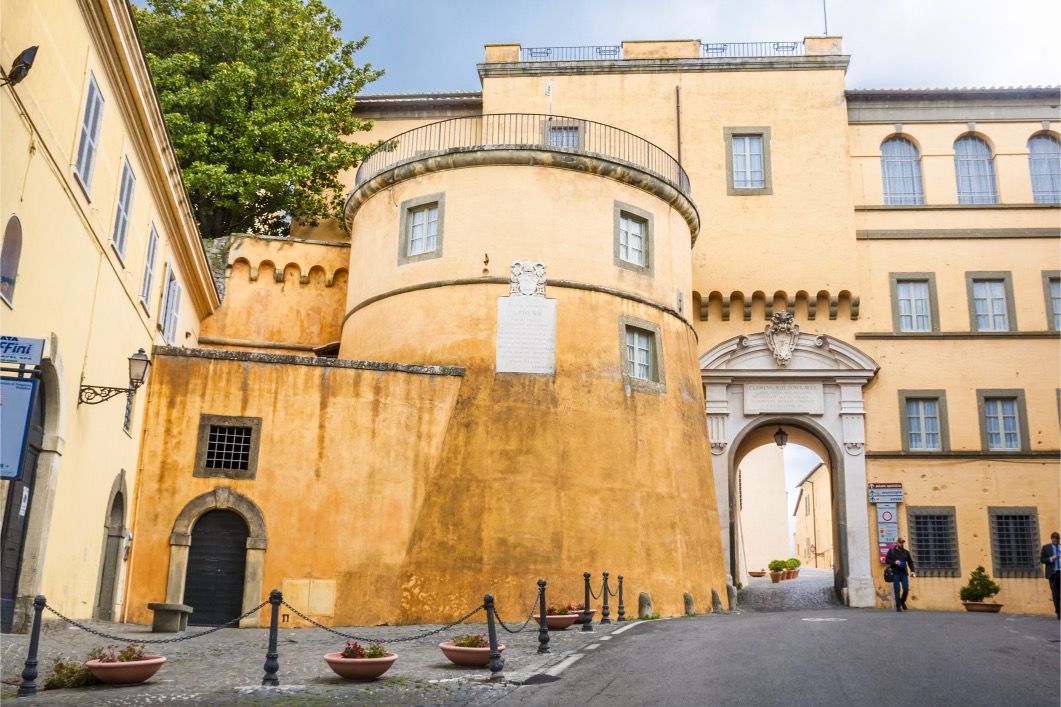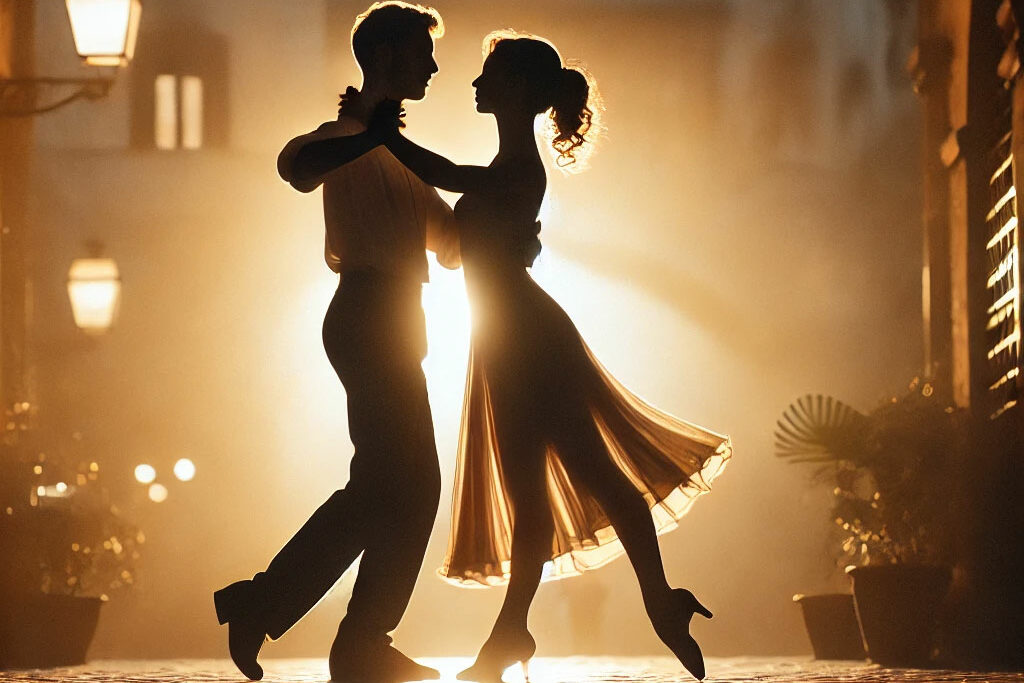As a child, Pat (Pasquale) Senatore rebelled against a future, already written by his father, who wanted him to become the new violin virtuoso.
Luckily for all of us, he followed his bent for plucking the strings instead of drawing a bow across them, thus becoming one of the most talented jazz bassists worldwide.
Today, Pat Senatore – artistic director of Herb Alpert’s Vibrato Grill and Jazz Club – “hand-picks” the very best jazz players around, to delight our ears.
The club’s cherry on top is the golden opportunity to hear Pat playing his bass live, so make sure to mark the calendar for his next performance.
Please, introduce yourself. What is your cultural background and how was your upbringing in an Italian-American household?
My name is Pat (Pasquale) Senatore and I am a bassist. For the last thirteen years, I’ve been the artistic director of the Vibrato Grill and Jazz club in Bel Air, California.
My father was a Neapolitan singer/songwriter, and wanted me to become a violinist. Thus, when I was five years old, I started to practice solfeggio and to play violin.
At 10 I stopped, because I couldn’t stand those long hours of practice every day. I still loved music, and, after a four-year break, at 14, I started to develop a passion for jazz.
My father had stubbornly believed that I was not serious about music and he didn’t accept me as a musician, until I joined Herb Alpert’s Tijuana Brass band, which had a strong reputation and sold over two hundred million records throughout the world.
Tell us more about your relocation from Newark, New Jersey to Los Angeles, California, and your shows at the Cocoanut Grove with the Dick Stabile Orchestra.
In 1960, I moved here, allured by California’s sunny weather. I didn’t know if I would have been able to make a living as a musician, but I took the risk.
The regulations, set by the American Federation of Musicians, were very strict. You had to establish your residence, by settling in for a minimum of six months.
Soon, I started working in the legendary music store, Wallich’s Music City, in Hollywood, because I had owned my own record shop in Kearny, New Jersey. The store enabled me to meet and network with lots of musicians, including Herb Alpert.
Back then, the musical director for Jerry Lewis and Dean Martin, Dick Stabile, who also led the house band at the Cocoanut Grove nightclub, hired me to join the band.
A cherished memory from those years was the night Nat King Cole made a surprise entrance. Given that, the bassist belonging to Nat’s trio was late, I had the chance to perform one tune with him.
Only years later, did I realize the historical importance of that episode.
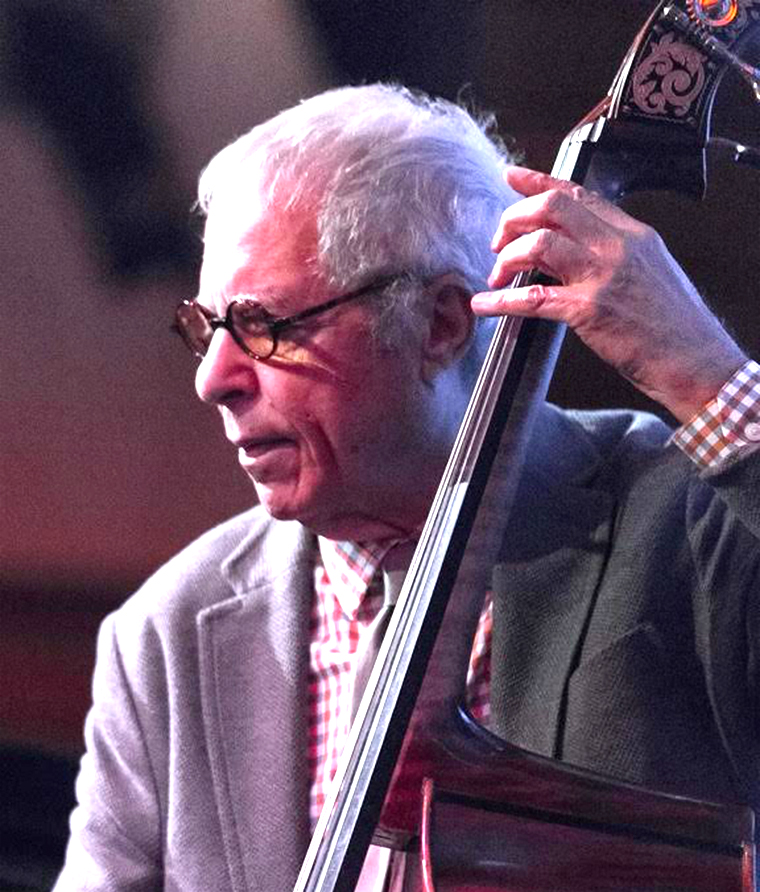
Later on, you performed in two famed TV shows, The Bob Hope Show and The Dean Martin Show. What it was like to work alongside those two legends of the show business?
In 1964, I went to Vietnam alongside Bob Hope, who used to play for the US troops every Christmas. The soldiers loved him, because he used to sacrifice his own holidays to entertain them.
Just before, we got to our hotel in Saigon, a truck loaded with dynamite was detonated in the building’s underground garage. It was scary, but luckily the situation settled quickly.
Dean Martin was a real professional and a very nice man. It was easy to get along with him and I enjoyed playing in the band for him. Once, at The Dean Martin Show, I had the chance to play a song with Frank Sinatra, who came as a guest.
Tell us more about your artistic collaboration and friendship with Herb Alpert.
Herb is a genuine musician. He began his recording career as a vocalist, under the name of Dore Alpert. He had gained experience as a producer and knew how to make records, which people would buy. He even recorded with the King of Soul, Sam Cooke.
For his early albums, with the Tijuana Brass, Alpert recorded with prominent studio players.
As their popularity rose, in 1965, Herb Alpert invited me to join his brand-new band – made of five other talented musicians – and we successfully toured the world with the Tijuana Brass, for the following five years.
Over this time, we performed Command Performances for Queen of England, Elizabeth II, and US President, L. B. Johnson.
We were also guests of The Beatles in London, upon an invitation from their manager, Brian S. Epstein.
After my jazz club in Malibu, Pasquale’s, shut down, I began discussions with Herb about opening a new one together.
It took us ten years to finally inaugurate the Vibrato, a marvelous venue, regularly frequented by celebrities.
In this tough business, you need an angel. Herb has always been so for me. I really consider myself part of his family.
Over the years, you recorded also for several films. What aspects of those fascinated you the most?
Working as a musician for movies, is called “sidelining”, since you’re not playing in them.
One of the last movies I took part in, Out to Sea (1997), starring Walter Matthau and Jack Lemmon, gave me the chance to work with the latter for two weeks. Every day, I was doubling up with laughter.
I remember with pleasure the very first film, I worked on, when I first moved to Los Angeles. It was called, Send Me No Flowers (1964), by Norman Jewison, starring Rock Hudson and Doris Day.
In one scene, a pianist and myself play for the party. Later, I had the fortune to play for Norman’s wedding, in his house in Malibu. Norman is a great guy and we bonded quickly.
Alongside Herb Alpert, we acted and played in a series of TV specials, featuring special appearances of Louis Armstrong, Wes Montgomery, and other musical legends, as well as took part in several historical TV shows, like The Ed Sullivan Show.
You’re active as recorded musician/composer, namely your latest album, Ascensione (2014). Could you expand on that?
Since its release, on November 2014, the CD has received a worldwide distribution, and most of its songs have been rotating constantly on the local radio, KJAZZ.
I composed these tunes, upon coming back from a vacation in Positano (picturesque village on the Amalfi Coast).
One of the songs is called “Positano Blues.” Its title is an oxymoron, in the sense that you cannot “feel the blues”, when you’re surrounded by such beauty.
The album’s namesake, “Ascensione”, was named after the fact that I kept ascending in the harmony and the melody.
Aside from myself, the trio of players is made of Josh Nelson, on piano, and Mark Ferber, on drums.
I’m really proud about my next album, which is going to feature two songs by Herb Alpert, and is going to be released on next fall by Jordi Pujol, owner of Barcelona-based Fresh Sound label.
Under the same label, we’re going to reissue a record, originally produced by a Japanese record company, with the late Cedar Walton and Billy Higgins.
I’ve noticed on your personal website: http://patsenatore.com/, the “Painting” section, featuring your own artworks. How did you develop this passion?
Arts are very much interrelated, in particular painting and music. Primary colors, mixed together to form secondary ones, are like notes, mixed together, to form harmony.
Singer, Tony Bennett, for instance, is a great painter, whose works are on permanent public display in several renowned institutions.
I started to draw and paint, during grammar school, which I attended with Wayne Shorter (who became one of the greatest jazz saxophonists and composers). He was a talented figurative artist, as well, and drew several of his own albums’ covers.
Afterwards, we both majored in art and music at the Newark Arts High School, in Newark, New Jersey.
Last time I went to Positano, I looked at the scenery from my little balcony and, inspired by those wonderful colors, I started to paint with watercolors.
My future wish is to spend a lot more time in Italy, committing to spend my time there painting and playing music.
In conclusion, do you have contacts with the Italian-American community in L.A.?
In L.A., given that there is not any “Little Italy”, like there is in San Diego, the community is spread out and it’s very difficult for me to keep in touch with Italian-Americans.
Whenever I hear group of Italians, talking in our club, I approach them and start a conversation, even though I can only speak Neapolitan dialect.
My wife took Italian classes and she can speak and write a lot better than I do.
